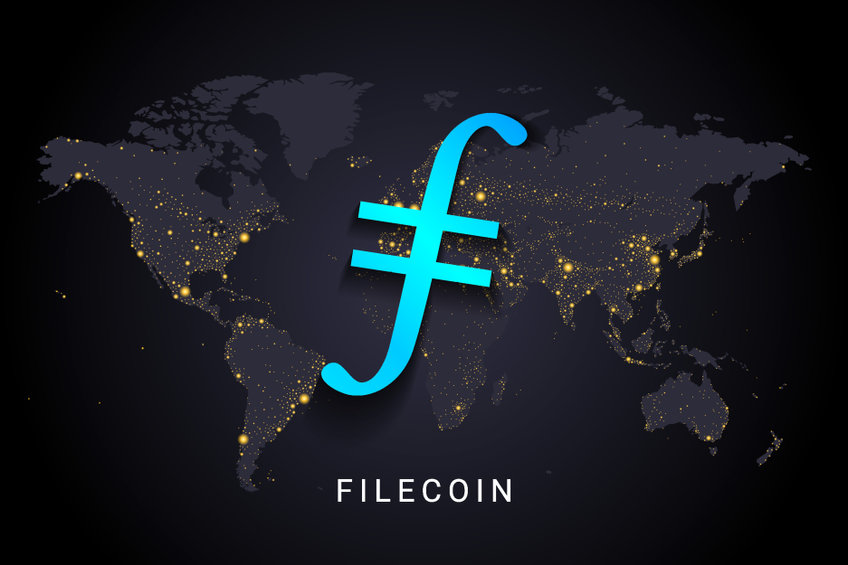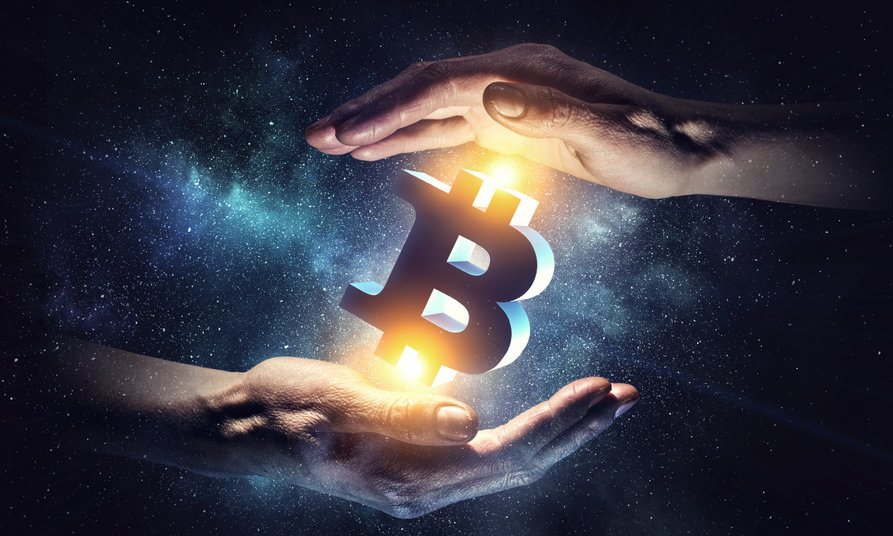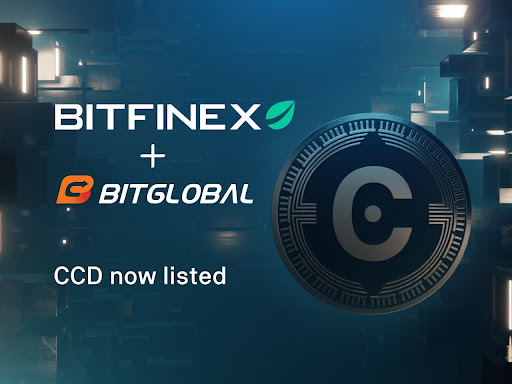
Although cloud storage was a great innovation, it lacked backup protection and was controlled by a central authority. However, with blockchain technology, secure, cost-effective, and decentralized storage platforms have been launched. Storj and Filecoin belong to this category of platforms.
Filecoin was founded in 2017 by Protocol Labs but the mainnet was launched in 2020 to serve as a platform for data storage and retrieval. It uses a proof-of-storage consensus mechanism which is made up of proof of replication and proof of spacetime to validate operations on the network. It occupies the second layer of the Interplanetary File System (IPFS). FIL is used to settle transactions.
Storj was founded in 2017 by Storj Labs on the Ethereum network as an easy-to-use and affordable cloud storage platform. It makes use of farmers and renters; farmers provide storage space, and renters buy this space from them. Data are stored on the network using a sharding mechanism. STORJ serves utility purposes for payment and rewards.
While Filecoin can store and distribute data, Storj can only store them. Storj was developed majorly for developers, but Filecoin supports a market for trading raw data. Moreover, Storj promises durable data storage. Of the two, Filecoin is more decentralised; Storj is both centralised and decentralised.
Both support transactions between their service providers and users. Filecoin is made of a free match market where clients and data providers can freely interact. Whereas, Storj uses a market maker model where clients pay the platform to get their data services. Both don’t charge migration costs; Storj accepts payment directly from users, while Filecoin uses its blockchain to solve service and settlement matters.
Filecoin uses an EC algorithm, whereas Storj depends on the Ethereum blockchain. In a world continually embracing decentralisation, Filecoin provides decentralised storage services. FIL is worth $23.69 right now with a market cap higher than STORJ with over $3.5 billion, showing that it’s experiencing mainstream adoption.
While it would make a great investment, you should do proper research before investing. Deal wisely and only invest spare cash.
The post Filecoin (FIL) vs Storj (STORJ): Decentralizing cloud storage appeared first on Coin Journal.




